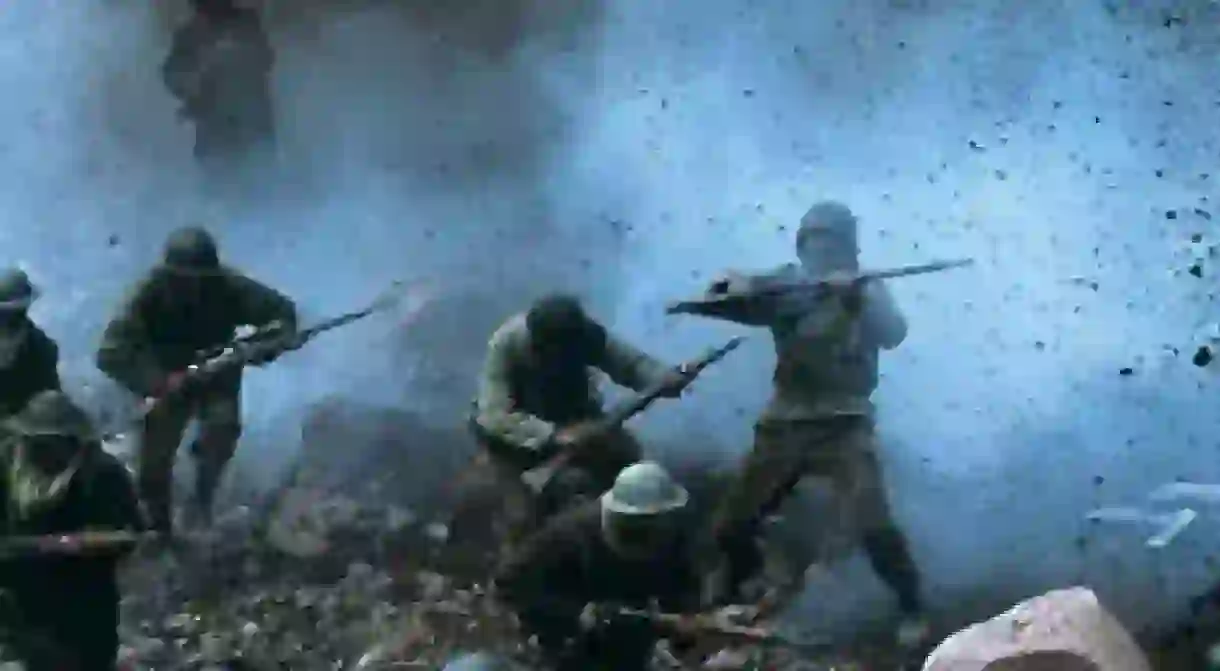The Incendiary Post-Colonial Cinema Of Rachid Bouchareb

Filmmaker Rachid Bouchareb was born in France to Algerian parents. His incendiary films scrutinise the fractious and complex relationship between France and its former colony, while also investigating cultural and ethnic conflicts and discrimination in other realms.
The French-Algerian director Rachid Bouchareb has a reputation for producing thought-provoking films that challenge notions of multiculturalism and immigration. His works interrogate the ways in which cultural and ethnic differences are played out in different societies during historical periods: from the battlefields of World War II to present day London in the aftermath of the 7/7 terrorist attacks.
His 2006 film Days of Glory depicted the discrimination within the Free French Forces against colonial North African soldiers, who were treated as second-class citizens despite fighting for the liberation of France. Focusing on the exploits of a group of Berber soldiers from Algeria and Tunisia, the film offers a disturbing portrayal of the injustices forced upon these men, including one shocking episode in which, in the midst of a battle, it becomes clear that North African soldiers are being used as cannon fodder by their commanding officers.
Bouchared’s poignant depiction of the suffering of these soldiers and the deeply discriminatory military establishment offered a prism through which to examine the modern day discrimination of immigrants in France. His film had a profound impact on public discourse in France, and helped to bring about a change in the way North African veterans were viewed.
Many of Bouchared’s other films also look at discrimination and the negotiation of cultural difference in changing societies, as well as the chaotic and often violent legacy of colonialism. Outside the Law, a standalone sequel to Days of Glory, depicts the Algerian struggle for independence from France. The story follows three Algerian brothers who, following the Sétif massacre in 1945, go to France to become freedom fighters.
The sweeping historical epic follows the course of their battle for independence over the next few decades. The film was attacked by some in the French media for its inflammatory depiction of certain events in the battle for Algerian independence. While the film is wilfully and explicitly partisan and makes no attempt to be a historically accurate depiction, there’s no denying the righteous anger it provokes in the viewer.
London River (2009) saw Bouchared depart from the Algerian-French conflict and instead focus on cultural and ethnic entanglements of a different sort. London River portrays the coming together of individuals from two very different cultural backgrounds, a mother from Guernsey and a father from Mali, who now lives in France and are united in their search for their respective missing children following the 7/7 bombings in London. They are both bewildered by multicultural London, but find that their common purpose dispels whatever friction their various cultural differences may provoke.













